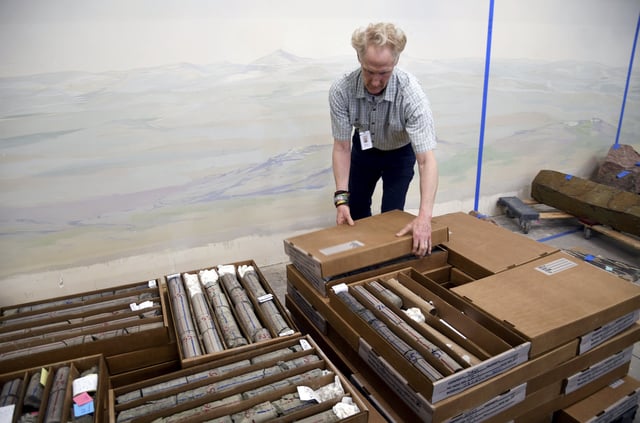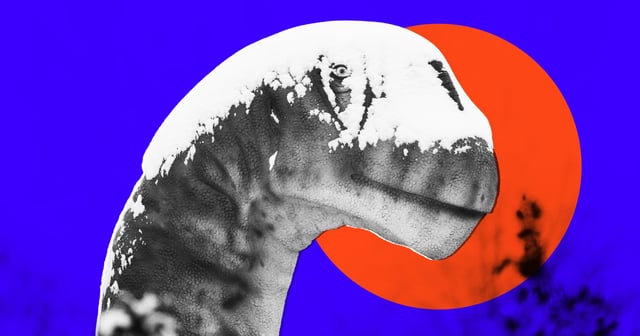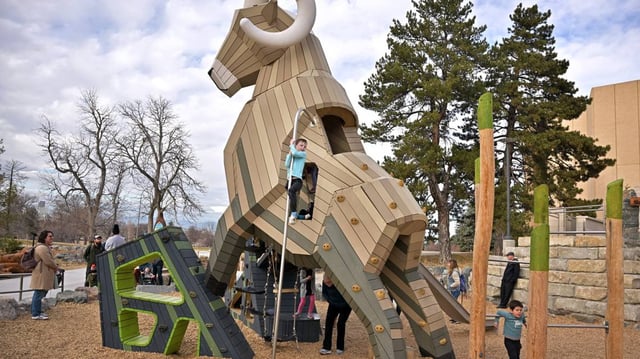Overview
- The vertebral fragment from a herbivorous dinosaur dating back 67.5 million years was recovered 763 feet below the Denver Museum’s parking area
- Researchers retrieved the core sample in January using a 2.5-inch drill to assess geothermal heating potential under a Colorado state grant
- A June peer-reviewed study in Rocky Mountain Geology confirmed the Late Cretaceous age and broad ornithopod classification but could not pinpoint the exact species
- Fossilized plant remains found alongside the bone suggest the animal lived in a swampy, densely vegetated environment just before the mass extinction
- Now on display at the Denver Museum of Nature and Science, the find is one of only three bore-hole dinosaur fossils documented worldwide and no further excavation is planned


